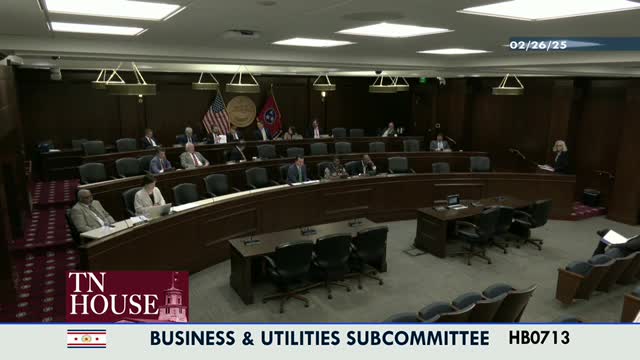Article not found
This article is no longer available. But don't worry—we've gathered other articles that discuss the same topic.
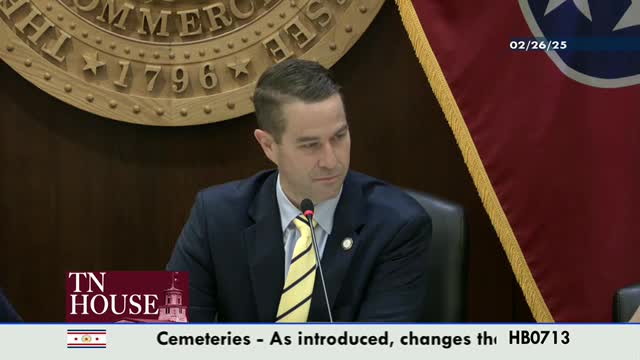
Committee advances bill allowing cemeteries to reclaim long-unused spaces after multi-decade notice process; questions raised about escrow and remedies
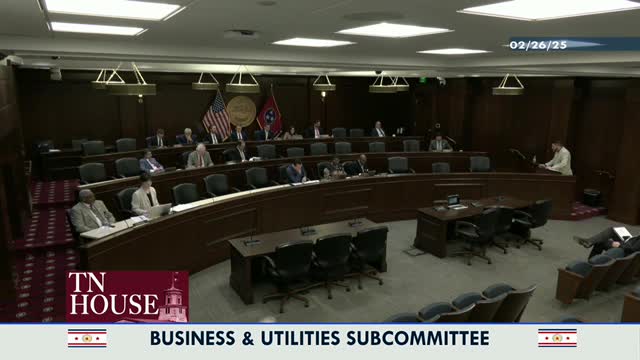
Panel allows off-duty reserve officers to work as private security without separate security-school requirement
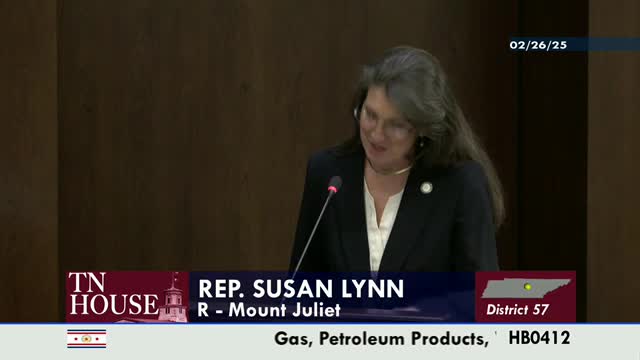
Committee removes obsolete propane language from state code in unanimous vote
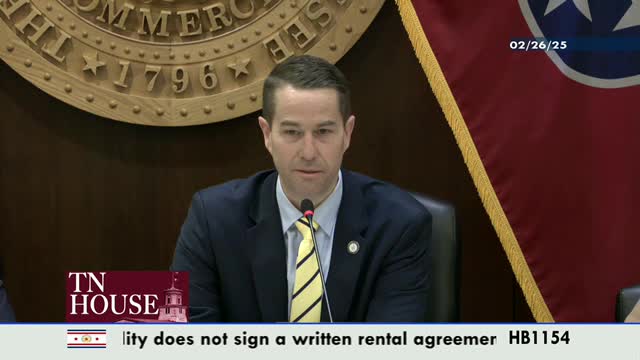
Subcommittee allows storage facility owners to revise leases by notice and to evict tenants for illegal activity after short notice
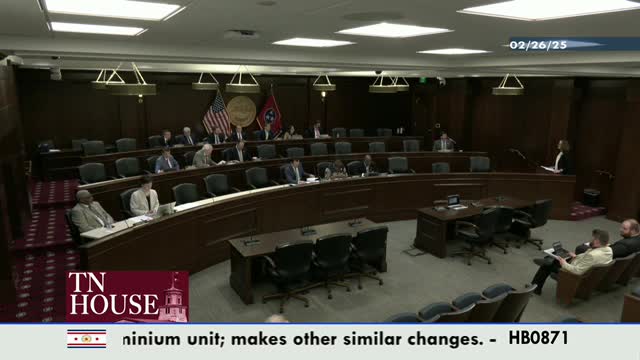
Panel approves bill letting developers use buyers’ escrow deposits for construction with protections
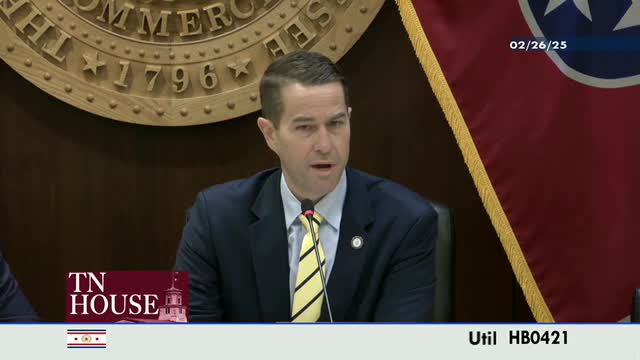
Committee cuts required continuing education for utility board members and preserves restoration path for commissioners who miss training
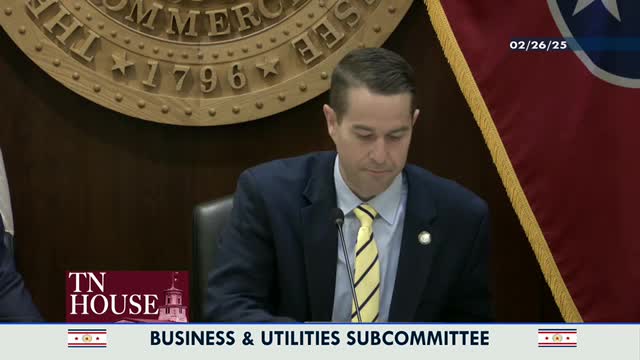
Comptroller and TBOR outline oversight of about 450 local utilities; focus on financial distress, water loss and customer complaints
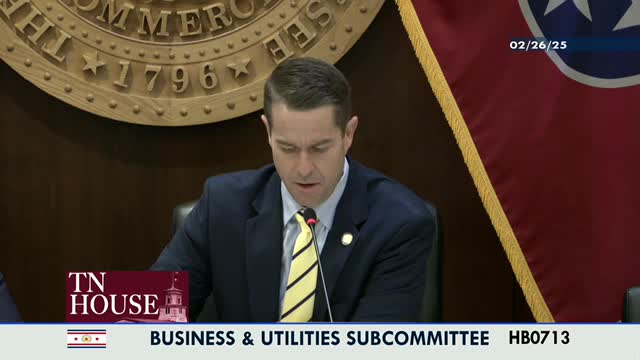
Panel merges renewable and clean energy lists into single 'clean, renewable, green' category
